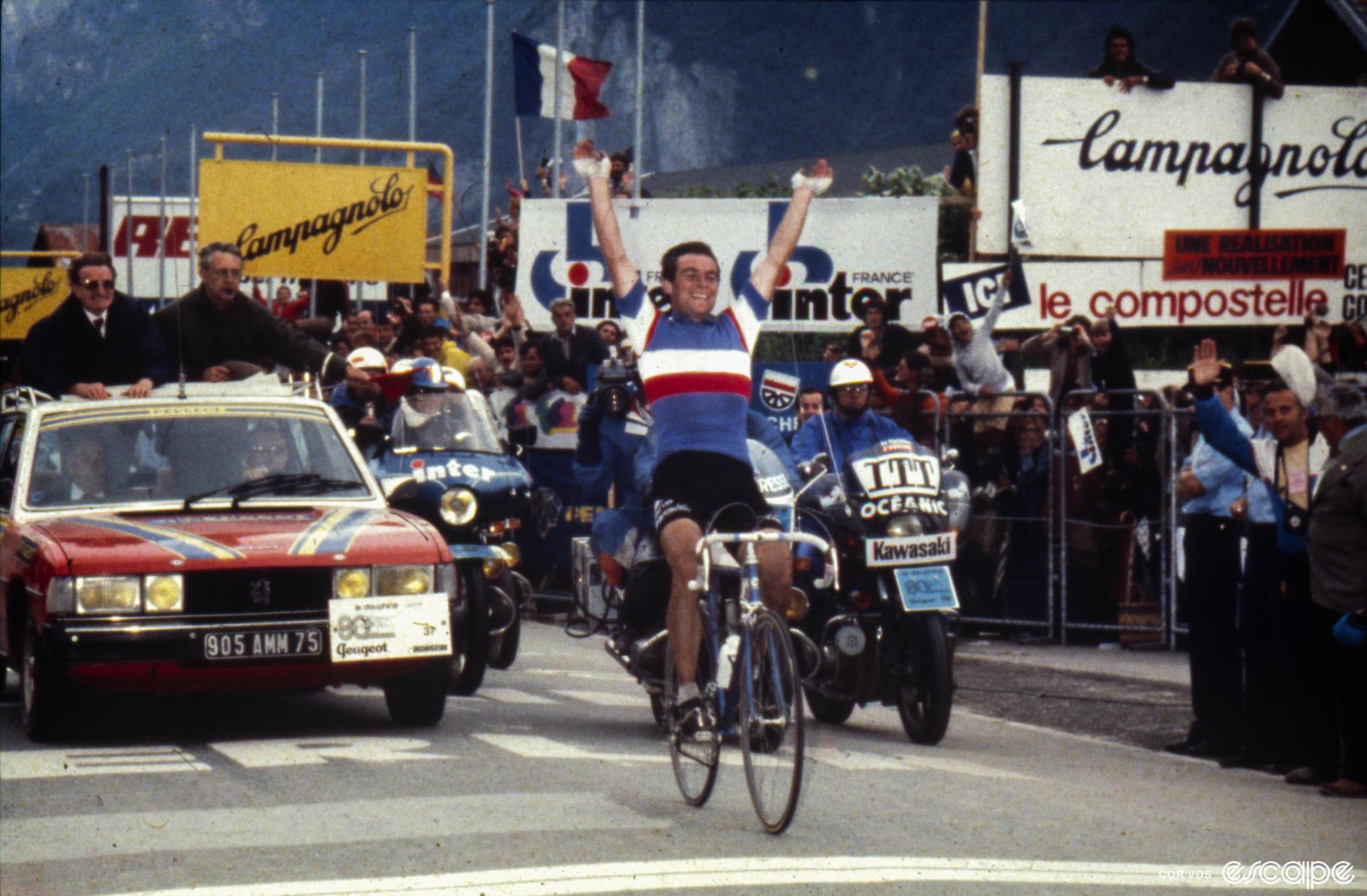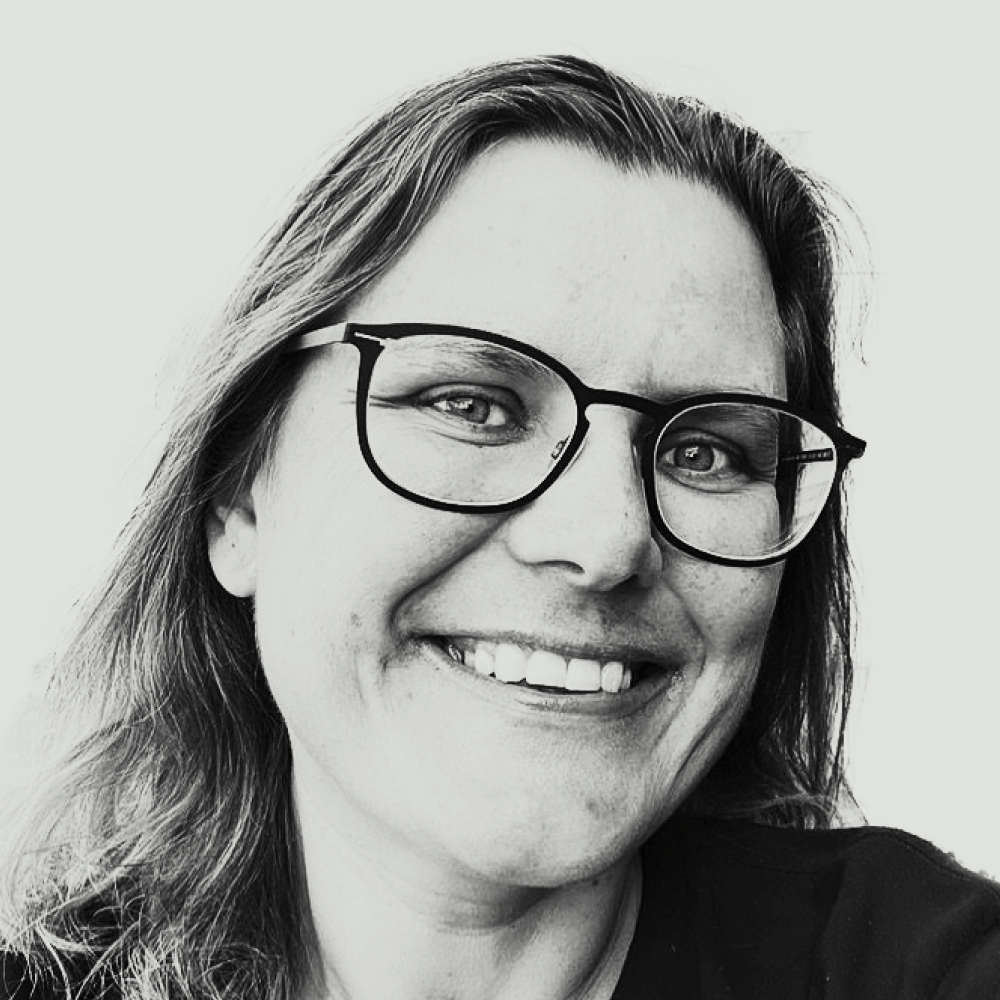For every stage of the 2023 Tour de France – men’s and women’s – José Been is bringing you stories about the history, castles, geology, culture, food, and people around the race. A bit of couleur locale while you enjoy lush fields of sunflowers, beautiful mountains, and pretty little villages, oh, and the bike race too.
We have a super-short time trial on Tuesday. Just 22.4 km against the clock in the only ITT in this year’s Tour de France. It’s a policy choice by the Tour de France organizers. Christian Prudhomme was once quoted saying that the time differences in a time trial were much more significant than in mountaintop finishes. And, I guess, therefore not preferable. But there are more reasons why the time trial has fallen out of favour.
TV viewing figures for time trials are lower than for road stages. Viewers are just not that interested and find time trials boring to watch (I can add from personal experience they are boring to commentate on, too).
Mean rumors state that the lack of time trial kilometers has to do with the skillset of certain French GC hopefuls against the clock. Whatever the reason, the times of Miguel Indurain and also Bradley Wiggins laying the foundations for a Tour win on a time trial bike are long gone. So, we have 22.4 km. On the course between Passy and Combloux that should be around half an hour.
We are racing in the department of Haute-Savoie, in the Alps. In 2027 the Super World Championships will be held right here. That’s track, BMX, trials, mountain bike, paracycling, road, and indoor artistic cycling world championships, all in one tournament. This year we will see the first combined worlds in Glasgow and four years from now it will happen in the Alps. The courses are naturally not announced yet but a repeat of the 1980 Road World Championships could be an option.
In 1980 Bernard Hinault became World Road Champion on the Côte de Domancy. That is the climb we also have in today’s time trial. It’s 2.5 km long at an average gradient of 9.4%. In 1980 the men did this climb 20 times in a 268 km race. To compare, the Côte de Domancy has roughly the same average gradient as the Mur de Huy from Flèche Wallonne, but Domancy is 1 km longer. Side-note: American rider Beth Heiden won the women’s Worlds road race in 1980; a race that was a measly 53.6 km long.
Let’s see what the course will be like in 2027. What we do know is that the riders in today’s Tour time trial only have to do it once. A 22.4 km time trial is like a walk in the park if you’d asked the 1947 peloton. It was the first Tour since the devastation caused by the Second World War. That year they also only had one time trial but it was 139 km long. It’s the longest in Tour history.
Belgian rider Raymond Impanis won that monster time trial from Vannes to Saint Brieuc; from the south of Brittany to the north. I sure hope there was a tailwind from the south that day. The Belgian rider needed three hours and 49 minutes to cover the 139 km. He won the stage by almost five minutes over Jean Robic and eight minutes on yellow jersey Pierre Brambilla. It didn’t really help Impanis all that much. On the day before the time trial, he was seventh in the GC and that’s the position he stayed in after the time trial as well.
As for Pierre Brambilla, the Italian would lose the yellow jersey on the last day of the Tour de France, two days after the time trial. In a relatively short stage (for that era) of 257 km from Caen, in Normandy, to Paris, he lost 20 minutes on stage winner Briek Schotte and 13 minutes on Jean Robic who jumped from third to first in the general classification.
Robic won his only Tour de France that year without ever having worn the yellow jersey in the race. Brambilla would never win the Tour and his third place in 1947 was as close as he ever got.
What did you think of this story?

